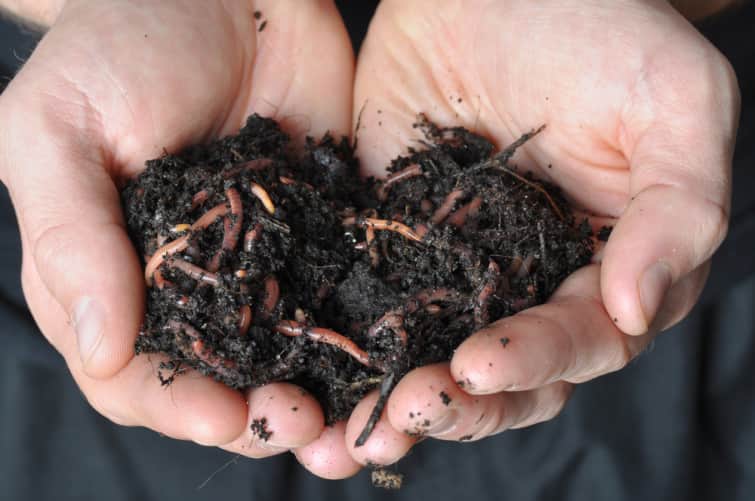Earthworms and Russia make approximately same contribution to global grain harvest

Scientists have found that earthworms help produce as much grain as Russia does. These invertebrates, which live in the soil, provide 6.5% of the world's grain harvest.
The corresponding study was published by Nature Communications, The Guardian reports.
The researchers say earthworms help produce 140 million tonnes of food a year.
For comparison, Russia produced 150 million tonnes of grain in 2022 (but 6 million tonnes were stolen in the temporarily occupied territories of Ukraine).
There is no comparison with the Russian Federation in the scientific article itself. But if we calculate it, we can conclude that the contribution of earthworms to the world grain harvest is about the same as in Russia.
And if worms were a country, it would be considered the fourth largest grain producer in the world.
Earthworms are essential in soil ecosystems: they break down organic matter, aerate soils, and support plant growth in many ways.
However, their contribution to global agricultural production is underestimated.
Scientists at the University of Colorado investigated the dependence of yields on worms and their impact on the global production of major crops.
It turned out that invertebrates living in the soil provide 6.5% of the crop of cereals (rice, corn, wheat and barley) and 2.3% of legumes (soybeans, peas, chickpeas and lentils).
"The earthworm contribution is especially notable in the global South, where earthworms contribute 10% of total grain production in Sub-Saharan Africa and 8% in Latin America and the Caribbean,"the study says.
The researchers recommend investing in promoting agroecological management practices that improve soil biodiversity.
"Our findings suggest that earthworms are important drivers of global food production and that investment in agroecological policies and practices to support earthworm populations and overall soil biodiversity could contribute greatly to sustainable agricultural goals," scientists say.
At the same time, they do not call for the spread of earthworms in regions where they do not exist, as this can have "highly undesirable ecological consequences".
Ukrainska Pravda is the place where you will find the most up-to-date information about everything related to the war in Ukraine. Follow us on Twitter, support us, or become our patron!





